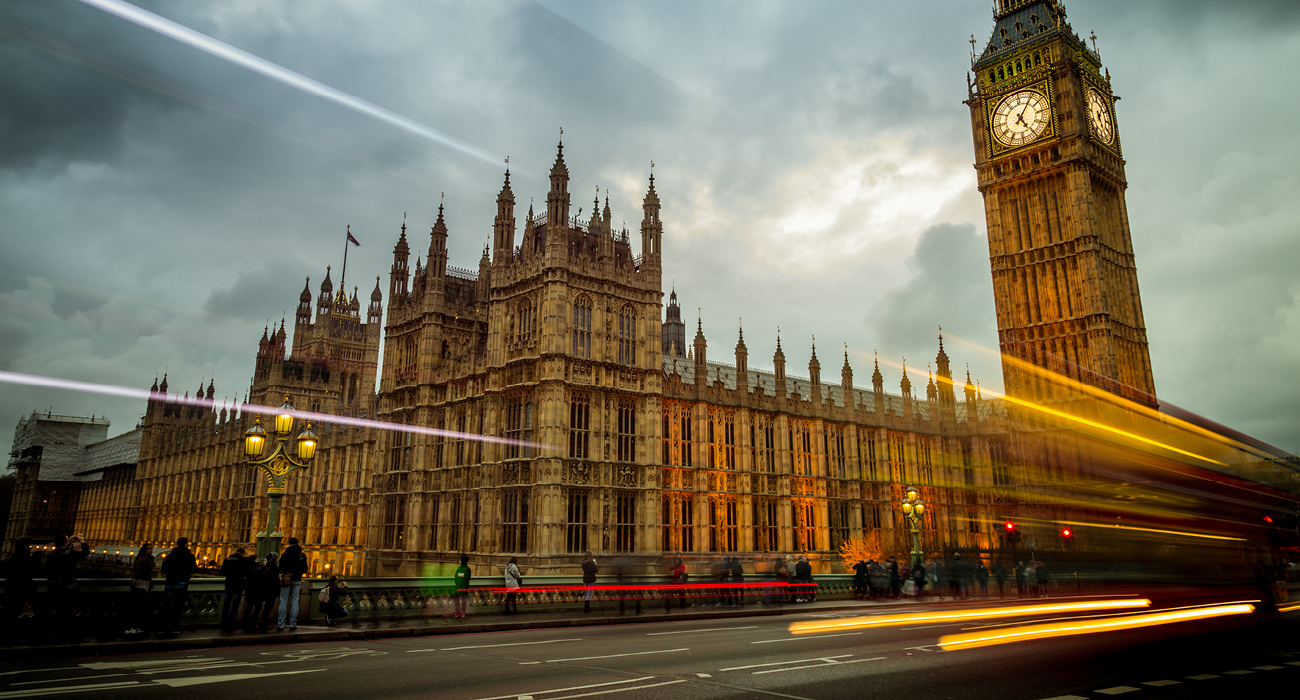Energy costs continue to dominate the news. For businesses, a package of support kicked in from 1 October, which includes a discount applied to the wholesale price of electricity and gas (our forthcoming webinar covers more on this).
But while these measures are welcome, the government is being criticised for not pushing harder on an ‘energy-saving’ agenda – to either domestic or business consumers.
After all, the cheapest unit of energy is the one you don’t use.
For larger businesses, there are plans in the pipeline to make mandatory energy-related obligations – and in particular the Energy Savings Obligation Scheme (ESOS) – more focussed on supporting action, as opposed to ticking boxes.
Indeed, many businesses have already been approaching ESOS as a means to facilitate energy savings rather than just a compliance exercise.
Huge savings already achieved
According to Gary Shanahan, Head of Business and Industrial Energy Efficiency, Tax and Reporting at the Department of Business, Energy and Industrial Strategy (BEIS), the first two phases of ESOS have already helped UK businesses save around 3TWh of energy each year.
That’s the equivalent annual power consumption of around 800,000 households. Or a wholesale cost of around £768m.*
And, of course, this reduction in consumption delivers multiple benefits.
Reducing demand helps to take the pressure off national supply needs – which with warnings of possible power cuts this winter, can only be a good thing.
It also cuts carbon emissions. The 3TWh saving already mentioned equates to around 579,000 tonnes.
And it saves businesses money on an essential overhead.
Cutting future costs
Currently, cost-savings are likely front of mind for many businesses.
And due to the elevated cost of electricity and gas – even with the forthcoming government-subsided reductions – the value of the savings that can be achieved by energy efficiency measures makes the business case for implementation stronger than ever.
ESOS provides a framework to identify where and how savings can be made. (See our recent blog for what’s changing for the forthcoming Phase 3).
But for companies that don’t meet the qualification criteria, or are exempt, an energy audit is a good place to start to understand how best to save your business money.
As ever, if you want more information, or need more specific support, please do get in touch with your Client Lead or Account Manager (if an existing customer). Or drop us a line via info@npowerbusinesssolutions.com.
* Average price on a forward contract during September 2022.

/npm214%20Digital_H_UB102.jpg)
/npm214%20Digital_H_UB15.jpg)
/npm214%20Digital_H_UB100.jpg)

/npm214%20Digital_H_UB27.jpg)
/npm214%20Digital_H_UB132.jpg)
/npm214%20Digital_H_UB127.jpg)
/npm214%20Digital_H_UB110.jpg)


